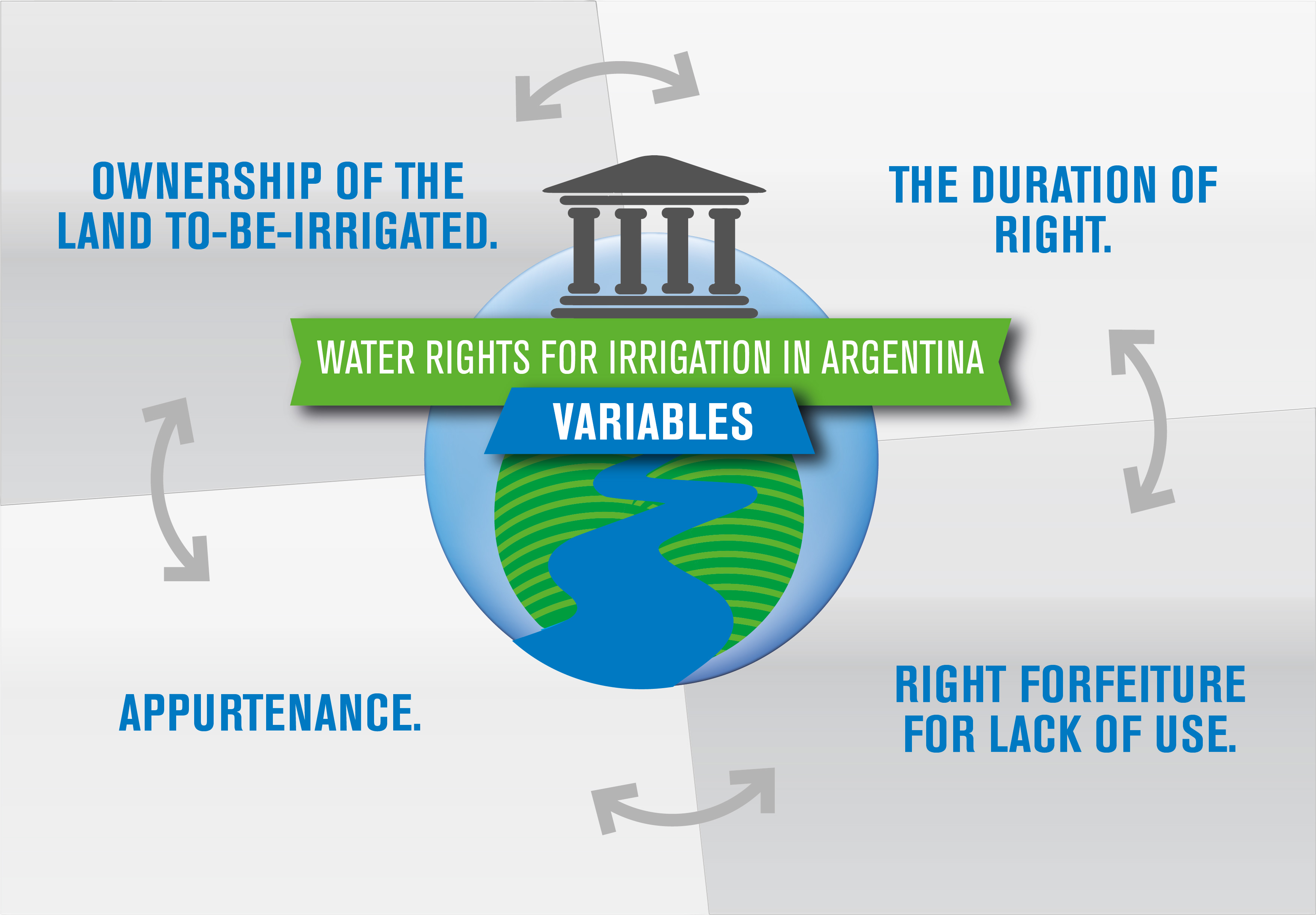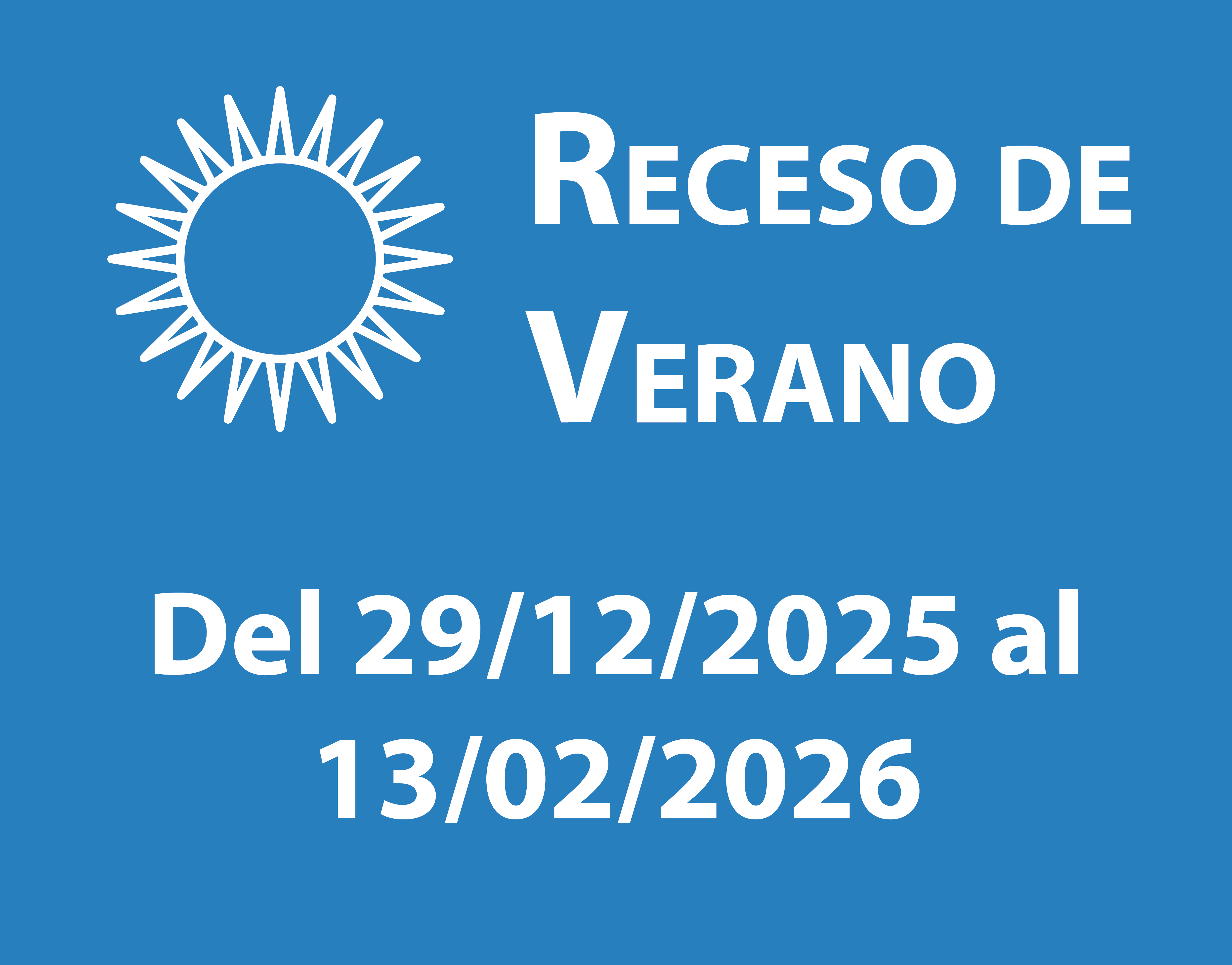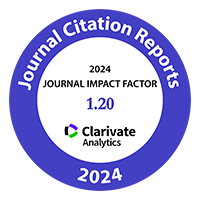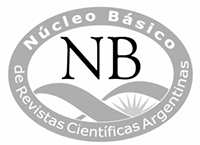Water permits and concessions for irrigation in Argentina. Status quaestionis and trends in comparative perspective
Palabras clave:
PERMISO, CONCESION, USO ESPECIAL DEL AGUA, LEYES DE AGUAS, PROPIEDAD, PLAZO, CADUCIDAD, INHERENCIAResumen

The article analyzes permits and concession granting water rights for irrigation in the various provincial legal frameworks of Argentina. The study was structured in the light of four dimensions concerning the conditions for the access and subsistence of water rights for irrigation granted by permits and concessions; 1) ownership of the property to be irrigated; 2) the term; 3) rights forfeiture for the lack of use; and 4) the water right attachment to the property. From a comparative analysis of the regulation some trends and findings arise.
Highlights
- Most of the provinces provide for granting the water right to person other than the landowner, showing a trend towards flexibility in this variable.
- Establishing reasonable terms to water rights is valued as very positive or positive, while excessive terms –long or short- are considered negative very negative.
- Short term forfeiture for lack of use entails a strong promotion of production, something that prevent from keeping idle flows of water and speculation.
- Appurtenance is considered a positive element, but it is more positive when developed together with mechanisms that allow flexibility so as to allow authorities to assess due rights reallocation.
Descargas

Descargas
Publicado
Cómo citar
Número
Sección
Licencia
Aquellos autores/as que tengan publicaciones con esta revista, aceptan las Políticas Editoriales.











.jpg)




